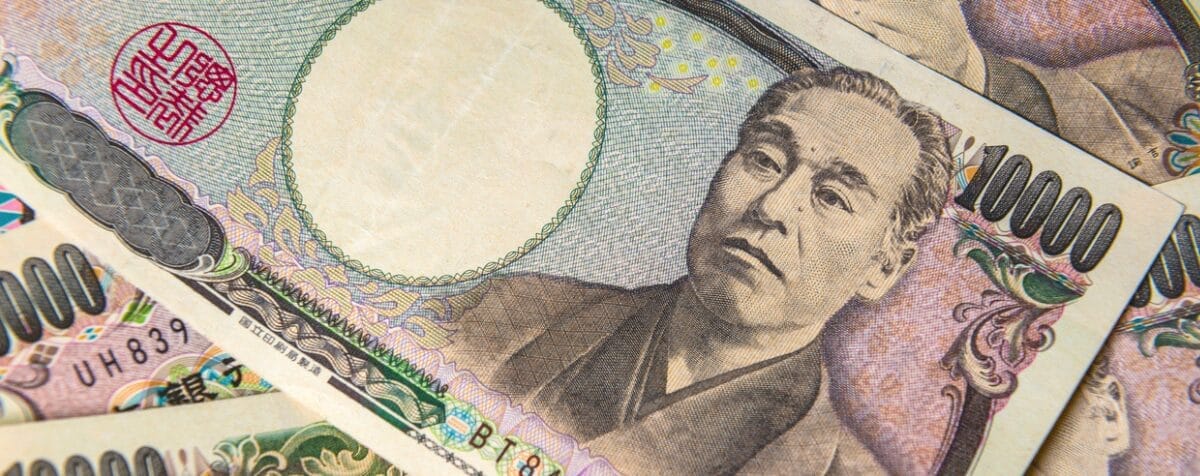With Japanese stock prices reaching a 33-year high, the economy emerging from deflation, and the positive impact of corporate governance reforms over the past decade, it’s not surprising that money managers, especially foreign investors, who previously showed little interest in Japan are now flocking to Tokyo. The global uncertainty in China further adds to the appeal of the Japanese market.
Rene Aninao, founder and managing partner of Corbu LLC, believes that the current geopolitical environment is causing capital outflows from China, with Japanese equities expected to mostly benefit among the Asian countries. US and European investors are increasingly recognising the risk premium associated with the Chinese market, driven by ESG concerns and geopolitical risks. Consequently, there is a growing trend of global asset managers seeking exposure to Asia without investing in China.
“The question is do global asset managers still want to have exposures to Asia without directly exposed to China or directly investing in China. The answer is yes,” Aninao told Top1000fund.com in an interview in the sidebars of the 17th Global Fiduciary Symposium on November 15, 2023. He continued that Japan and South Korea will emerge as preferred investment destination due to their larger, more sophisticated markets compared to other Asian countries such as Malaysia, Indonesia, the Philippines, or Vietnam.
Aminao went on, saying, “The political regimes in these four countries aren’t stable and there isn’t enough market capitalisation to accommodate and absorb all of the scale of capital that may come out from China. So, that’s why Japan is the beneficiary.”
The trade war between the US and China, the pandemic, Russia’s invasion of Ukraine, political tensions between China and Taiwan, and the recent escalating conflict between Israel and Hamas have reshaped the world into competing geopolitical blocs, Aminao said. This re-regionalisation has compelled a change in the policy frameworks employed by the U.S.-NATO and its allies. While these developments have heightened investor risk aversion, the re-regionalisation has given rise to a substantial global capital expenditure cycle — specifically, digital industrialisation — creating numerous emerging investment opportunities,
Aninao highlighted Warren Buffett’s increased exposure to Japanese equities in recent years. “So that’s the same, Buffett has been selling TSMC in Taiwan,” he said. “Buffett is concerned about contingencies in the straits—which is true. So, he needs to invest that money in Japanese brokerages and trading houses. I anticipate more of this trend. Particularly in the West, where there’s a pursuit of returns, the Nikkei’s increase is only going to drive more capital flows.”
Foreign Buying
Jiro Nakano, the general manager of Japan sales planning and management at Nikko Asset Management, has observed a transformation in the Japanese stock market since the beginning of the year. The Nikkei stock average has surged by about 30 per cent, reaching a 33-year high of 33,000, with crucial support from foreign investors, marking the strongest foreign investor activity in 14 years.
Japanese equities are becoming an increasingly attractive investment destination for overseas investors as they are growing cautious about investing in US equities as the US interest rates rise and China becomes less attractive amid concerns about the country’s real estate market, Nakano said in a keynote speech at the symposium on November 15.
“While some may view the current market upturn as temporary, I have a different perception,” he said. “The market is currently experiencing a major shift in the Japanese stock market, and we believe that the magma is on the verge of exploding.”
Nakano echoed Aninao, saying that Buffett’s entry into the Japanese stock market in August of 2020 serves as a symbolic indicator of this shift. Attracted by low valuations in domestic trading companies, Buffet invested heavily in the sector. Since then, stocks of trading companies have experienced remarkable surges, doubling or tripling in value. Buffett’s success in Japanese stocks raises questions about his expectations for the market’s growth over the next decade.
Nakano said that factors contributing to Japan’s market appeal include the anticipation of renewed growth driven by inflation and wage hikes, the continued undervaluation of Japanese stocks, and the robust financial position of Japanese corporations. These elements combine to create an environment that global investors to consider Japan as a lucrative investment destination.



